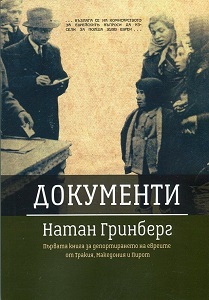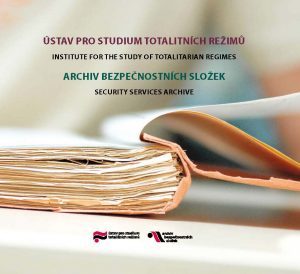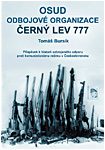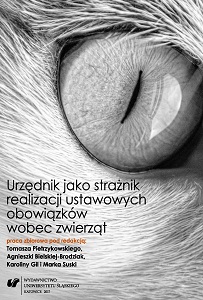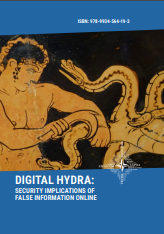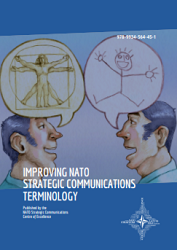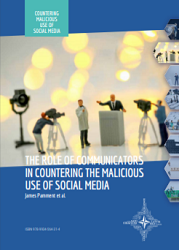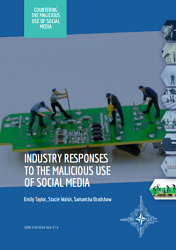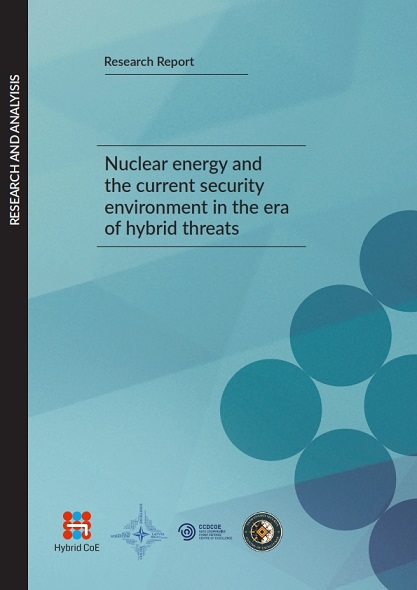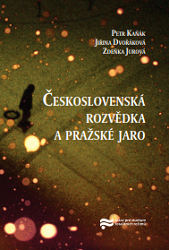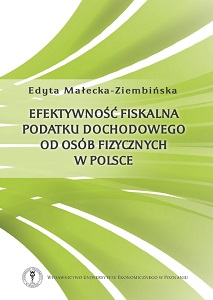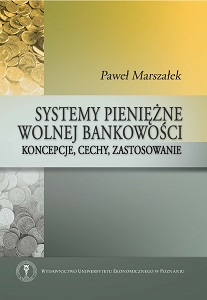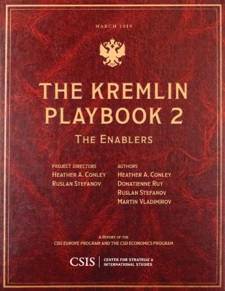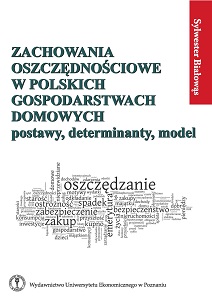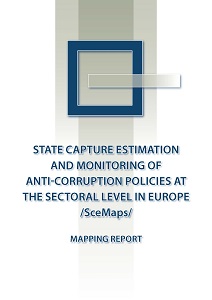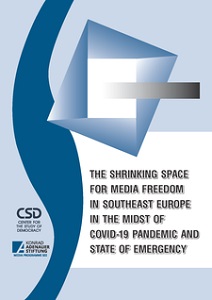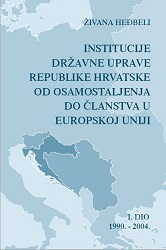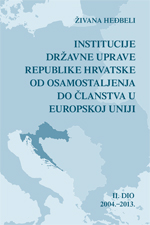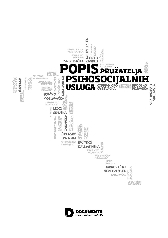Author(s): Živana Heđbeli / Language(s): Croatian
The subject of this book is the history of the Republic of Croatia state administration institutions, in the period between1990, when Croatia gained its independence, until June 18, 2004, when European Council promoted Croatia’s status to official candidate for the European Union membership. The book covers institutions of Croatian political system: the Parliament, President of the Republic of Croatia, the government and state administration bodies. The introduction explains basic terms and the reasons why the book covers only, strictly speaking, state administration bodies. The book includes neither public sector bodies nor civil defence and military forces and the police. Familiarity with the history and scope of activities of an institution is the starting point of archives’ and archivists’ overall work, and of providing precise and meaningful scientific information to users of archival records as well. The task of archival science is to study the organization and functions of those bodies the work and actions of which created archival and current records. Knowledge about the history of institutions is a precondition for any archival professional work. Croatian archival science produced almost no papers on this subject up until now. Some data can be found at the Croatian Information Documentation Referral Agency (HIDRA) web pages. The second chapter discusses, on the basis of published legal sources and literature, the context in which Croatian state administration institutions work. The process of Croatia’s gaining of independence is also explained, as well as the state’s development and changes in the Constitution, which directly determine names of the highest institutions and scope of their jurisdiction. System and changes of the state administration, changes of organization and domains of ministries and state administrative organizations are presented in theirs totality on the basis of published, relevant legal regulations, as well as regulations on high officials, officers and employees. The third chapter analyses the development, legislative and jurisdiction of the Croatian Parliament and its chambers or councils, the government and each of its offices and some of its commissions, the Presidency/President of the Republic of Croatia, their organization and theirs organizational bodies. The exact dates of changes of institution’s names, relevant laws, jurisdictions and changes of jurisdictions are determined, as well as organizational bodies and theirs changes, their founding and abolition. The fourth chapter analyses the development, relevant legislative and jurisdiction of ministries, theirs organization and their organizational bodies. Each existing ministry is discussed separately, exact dates of changes of ministry’s names, its founding and abolition, relevant laws, jurisdictions and changes of jurisdictions are determined, as well as organizational bodies and their changes, founding and abolition. The fifth chapter analyses each state administration organizations and central state offices, exact dates of changes of institution’s names, their founding and abolition, relevant laws, jurisdictions and changes of jurisdictions are determined, as well as organizational bodies and their changes, founding and abolition. The sixth chapter analyses state administration in counties, towns and municipalities, as well as various bodies which are not central state administration bodies or government offices, but perform executive or administrative authority tasks. Local and regional government and self-government, counties, towns and municipalities and, at a certain period, districts, their changes and relevant laws are presented in their entirety, as well as their jurisdictions. General conclusion regarding Croatian state administration institutions is that state organization is developed or complex. Special conditions of gaining independence and Croatia’s development as a state influenced the development and growth of state administration institutions. Establishment of Croatia as an independent state, faced Croatia, for the very first time, with the task to create its own, integral state administration system. Since independence presupposes the necessity to form and consolidate all units of the administrative system which are typical for an independent state, after it was constituted, Croatia founded those institutions, which did not existed in up-to-then Socialistic Republic of Croatia, and which do exist in other modern states. Development of Croatia is extremely dynamic. When considering the overall situation, as well as particular periods, there are many diver sified institutions. The very number of ministries and bureaus/directorates varies a lot, due to frequent changes: with ministries from fourteen to nineteen, and with bureaus from three to twelve. State administration institutions are created as a direct answer to new circumstances or as a form of overcoming vital tasks. Certainly, when the activates they performed is not so important any more so as to be performed by an independent body, certain institution cease to exist. With the development of a society, state administration objectives, its organization and manner of performing tasks change. There is a shift from objectives of power to objectives of service, that is to the activities that serve to accomplish and fulfil the citizens’ interests. Administrative functions become differentiated in the course of time. From tasks that were unique at the beginning and performed by a single administrative institution, certain parts are divided into individual tasks performed by separate organizations, which leads to vertical and horizontal differentiation of administration. There has been, up to now, no work that would deal with the history of institutions and Croatian state administration organization in its entirety, from 1990, the year when Croatia gained its independence, until June 18, 2004. For this reason, description of Croatian political system, the Parliament, the President of the Republic, the government and state administration bodies, will serve as systematized knowledge and understanding to all who participate in administration work, to archivists, administrative lawyers, historians, political scientists, sociologists, to students and scholars of the mentioned sciences, as well as to present and future users of archival records. The book offers materials relevant for a more comprehensive study of a large number of questions which constitute the issue of development of the Republic of Croatia and removes the need for future research to deal with the overall history of Croatian institutions, enabling that research to only deal with narrower areas which are more significant in practice. It also enables and provides a starting point for studying the rest of the bodies financed from the state budget – primarily public sector institutions or all bodies through which Croatia fulfils its rights and duties. The book provides the starting point for further work on compilation, whether in a classical or in the form of a data base, of lists of all sources significant for the history of institutions. History of state administration institutions reflects the creation and specific development of Croatia in a specific socio-historical and economic context. Meeting the criteria which are preconditions for Croatia’s EU accession in a certain way means suspension of domain and authorities of political system and state administration institutions which existed from 1900 to 2004, which is why they can be considered historical. The book includes footnotes, appendices – such as indexes of institutions, diplomatic missions and consular representations, high officials and commissioners, lists of abbreviations, bibliography and legal sources. The index of institutions lists both abolished and existing councils, commissions, committees and other bodies which are not separately analysed in the text.
More...
